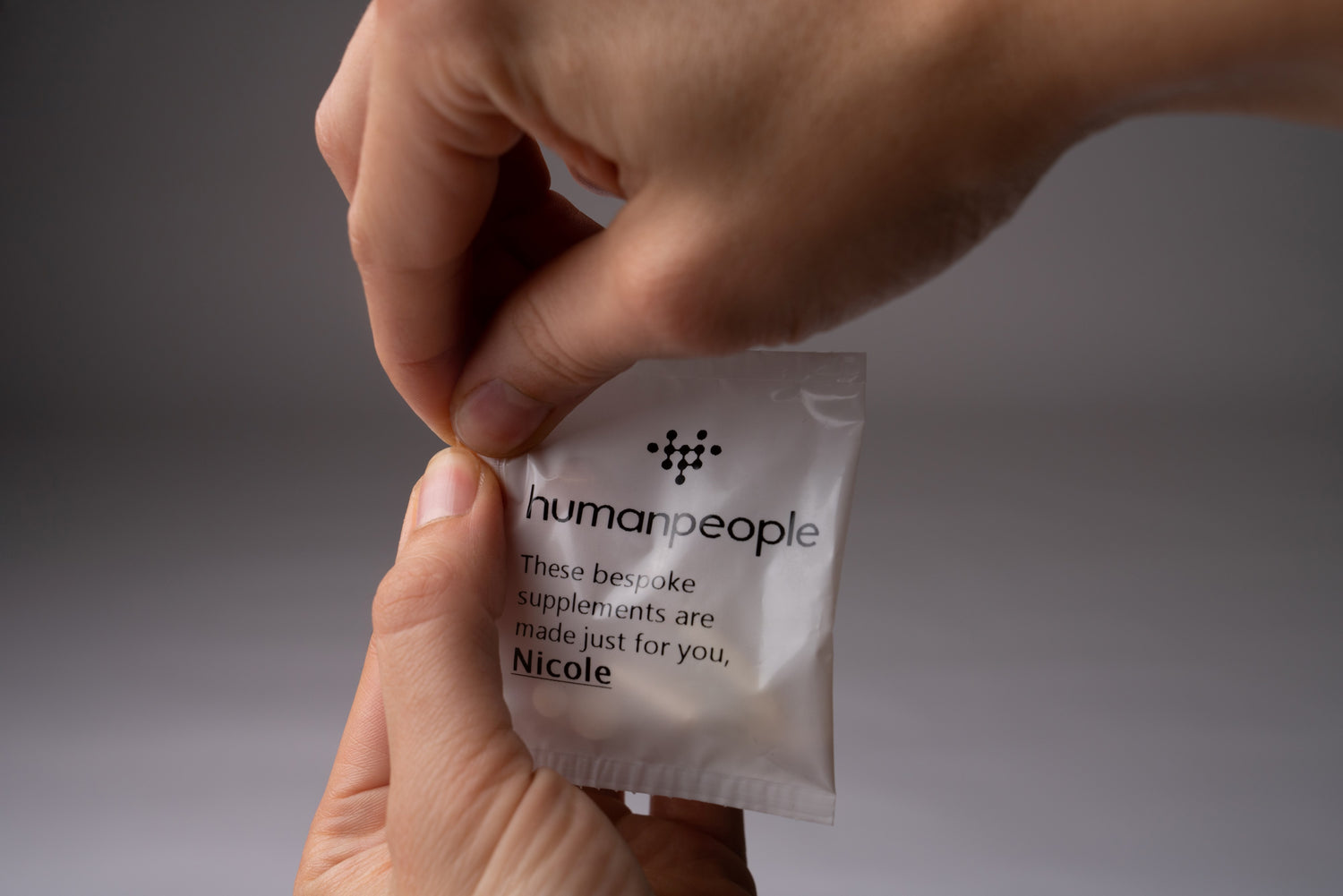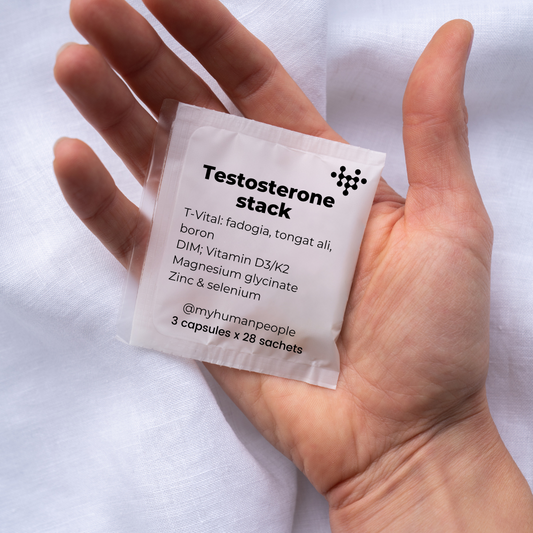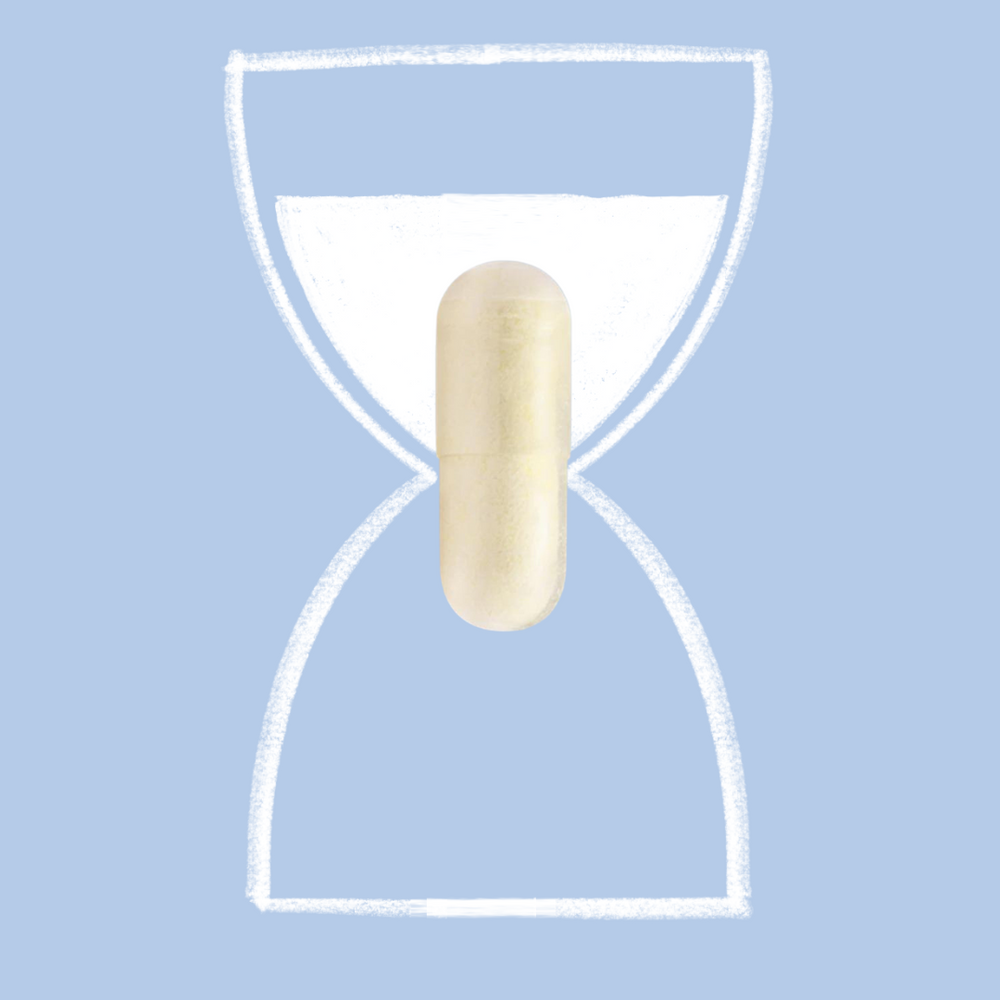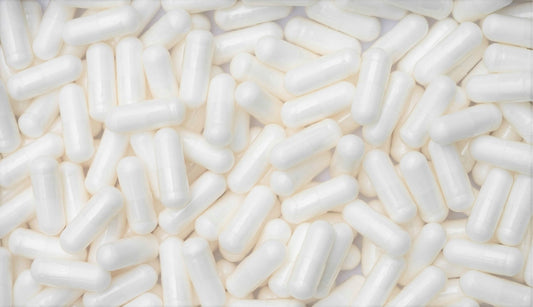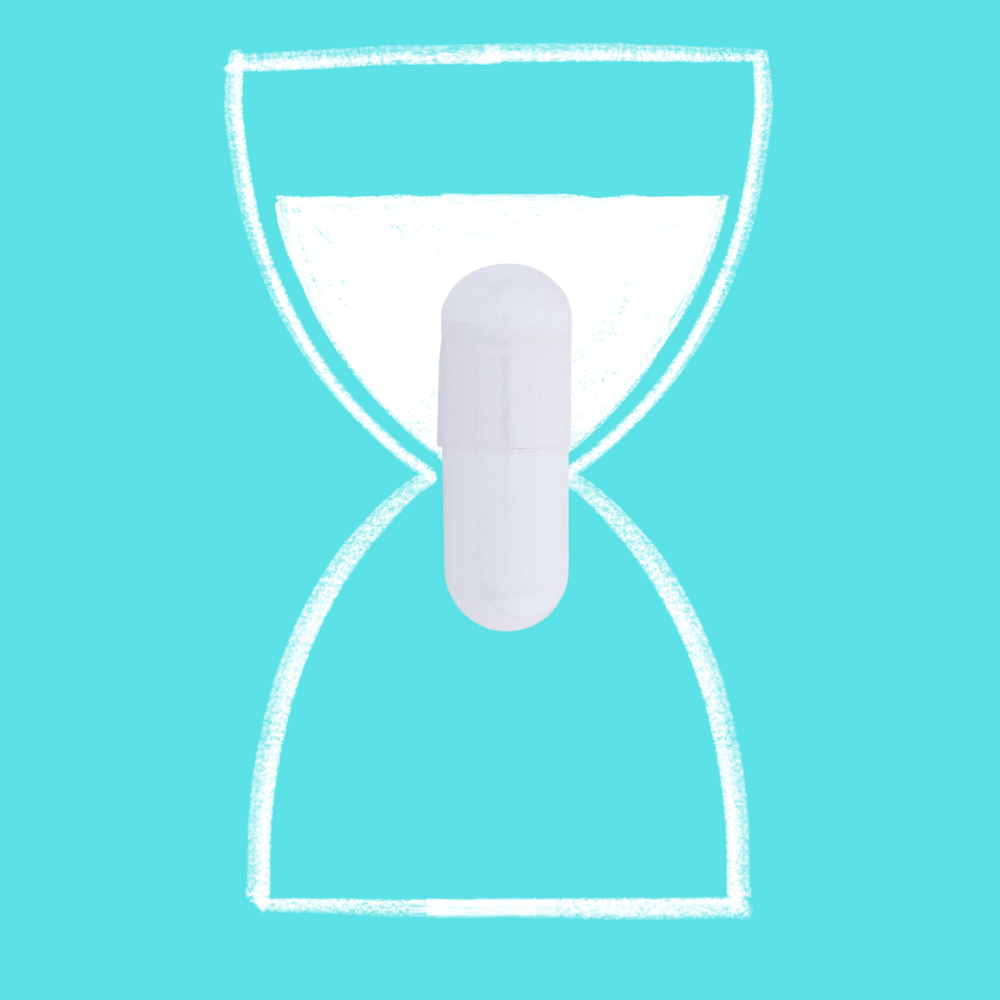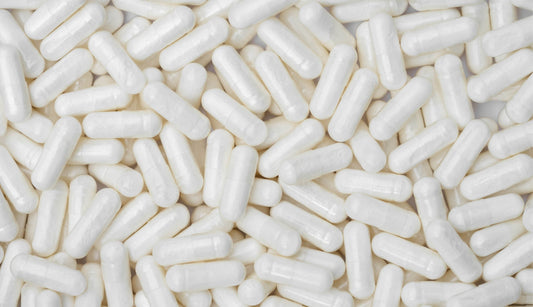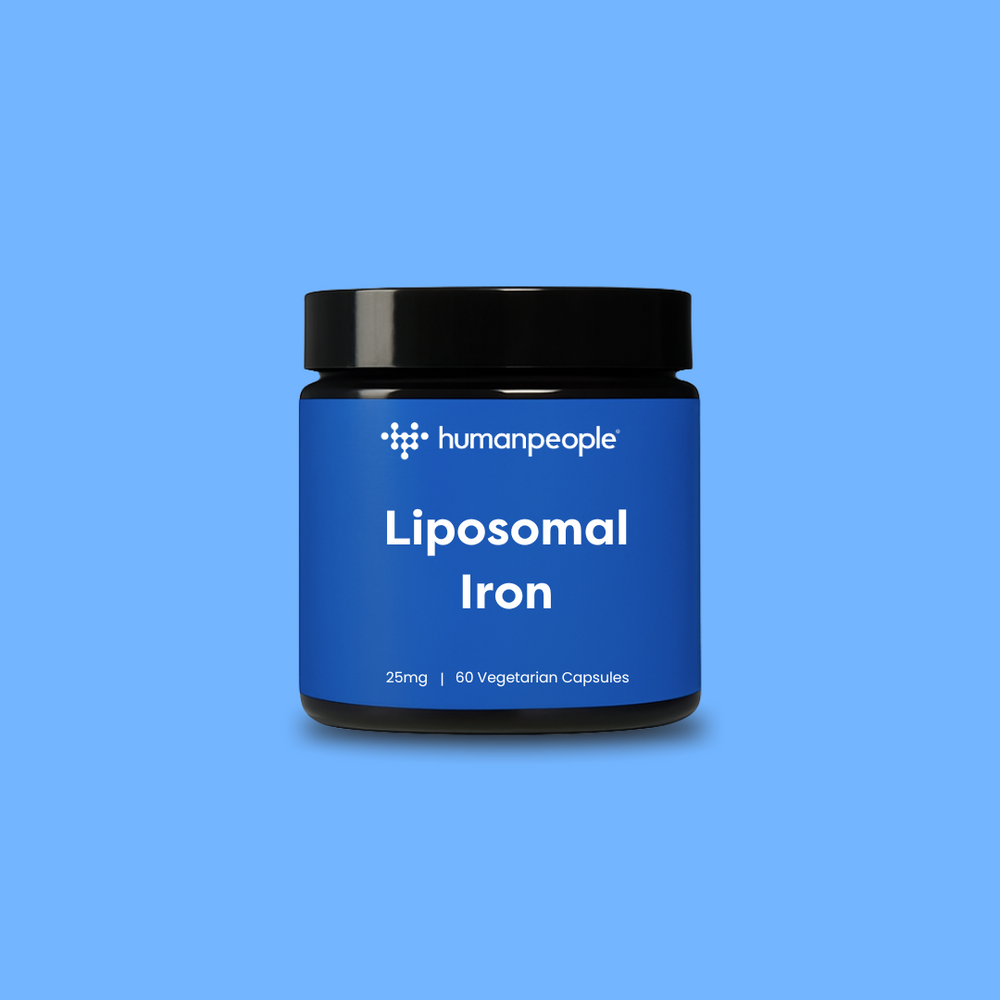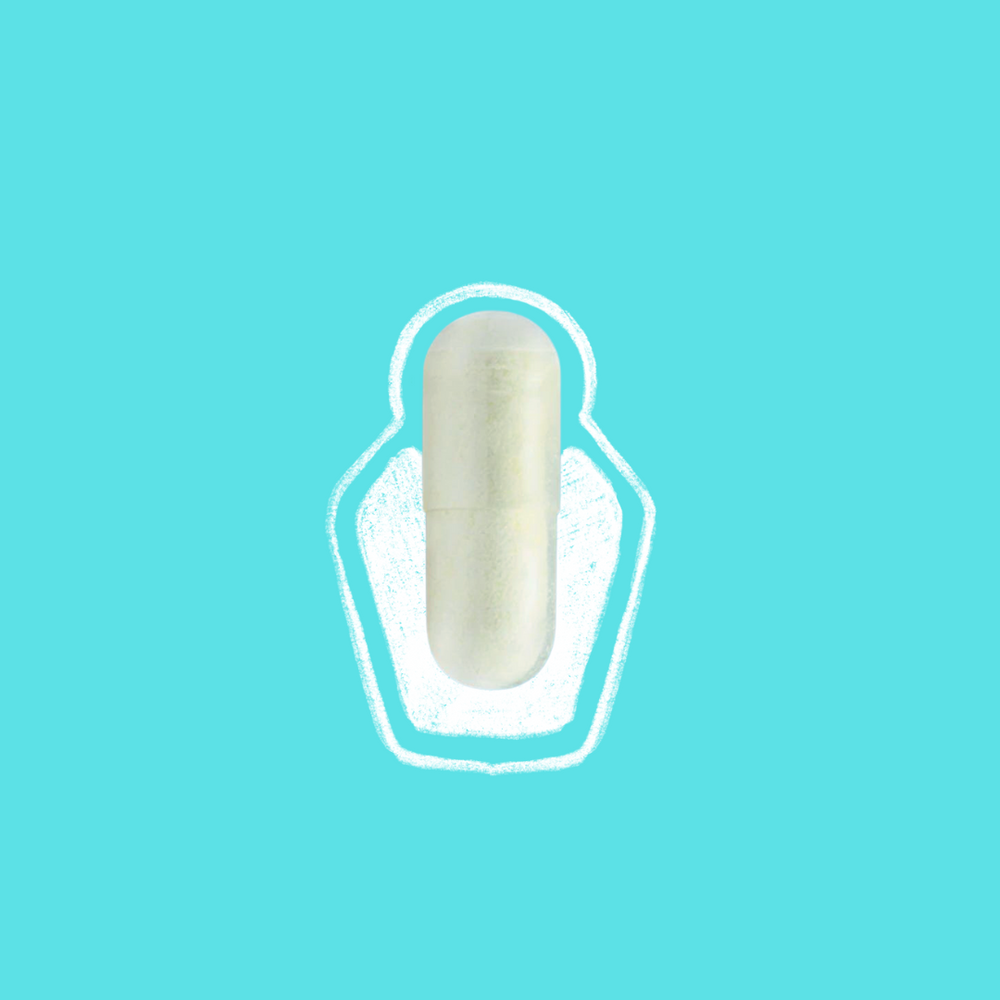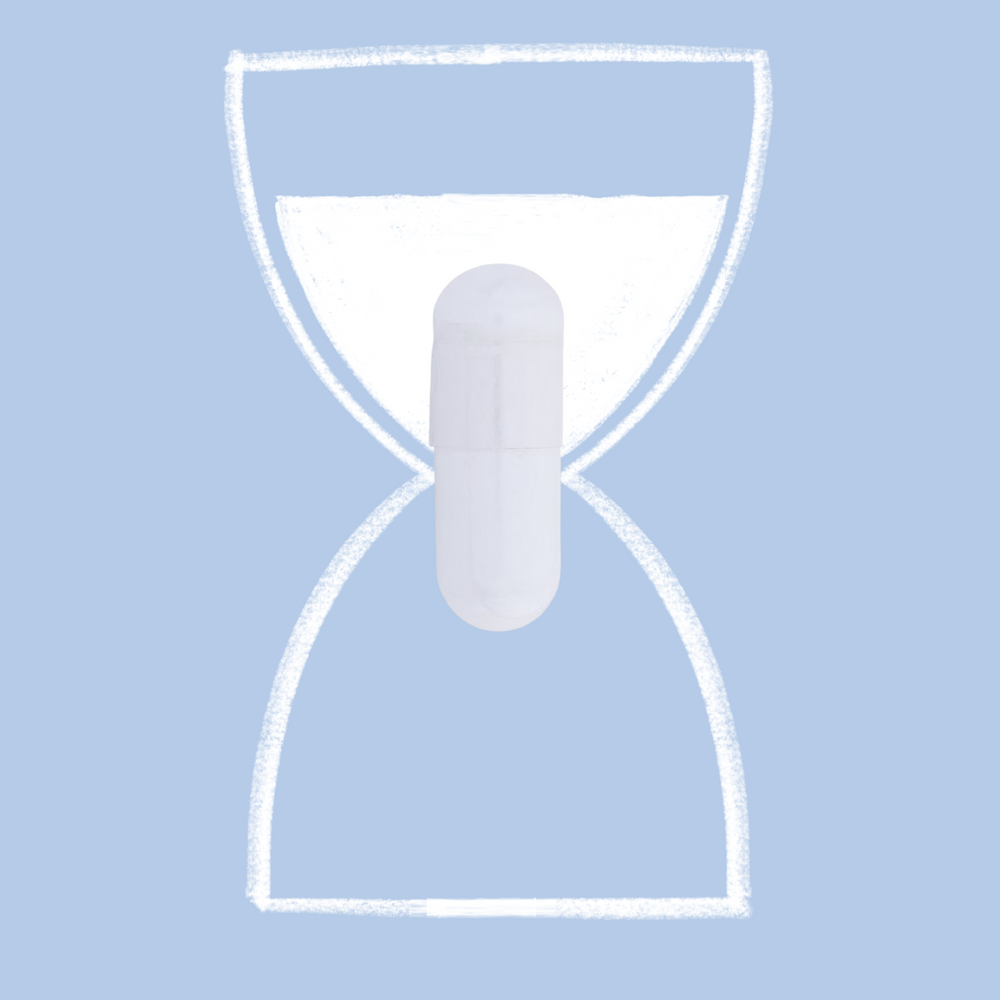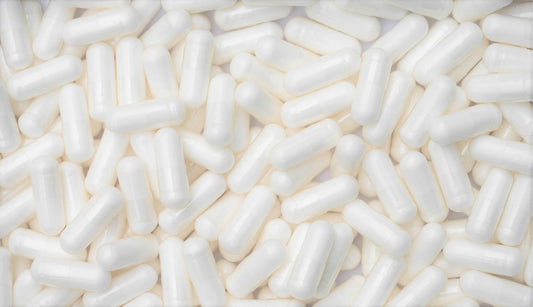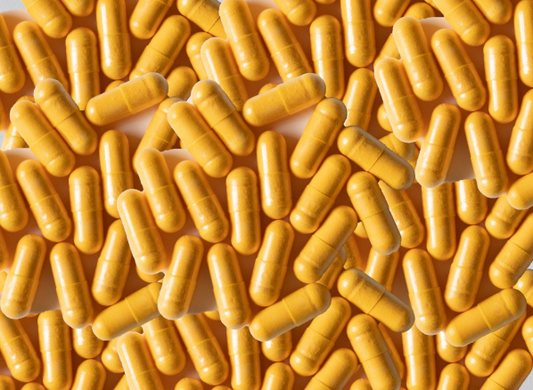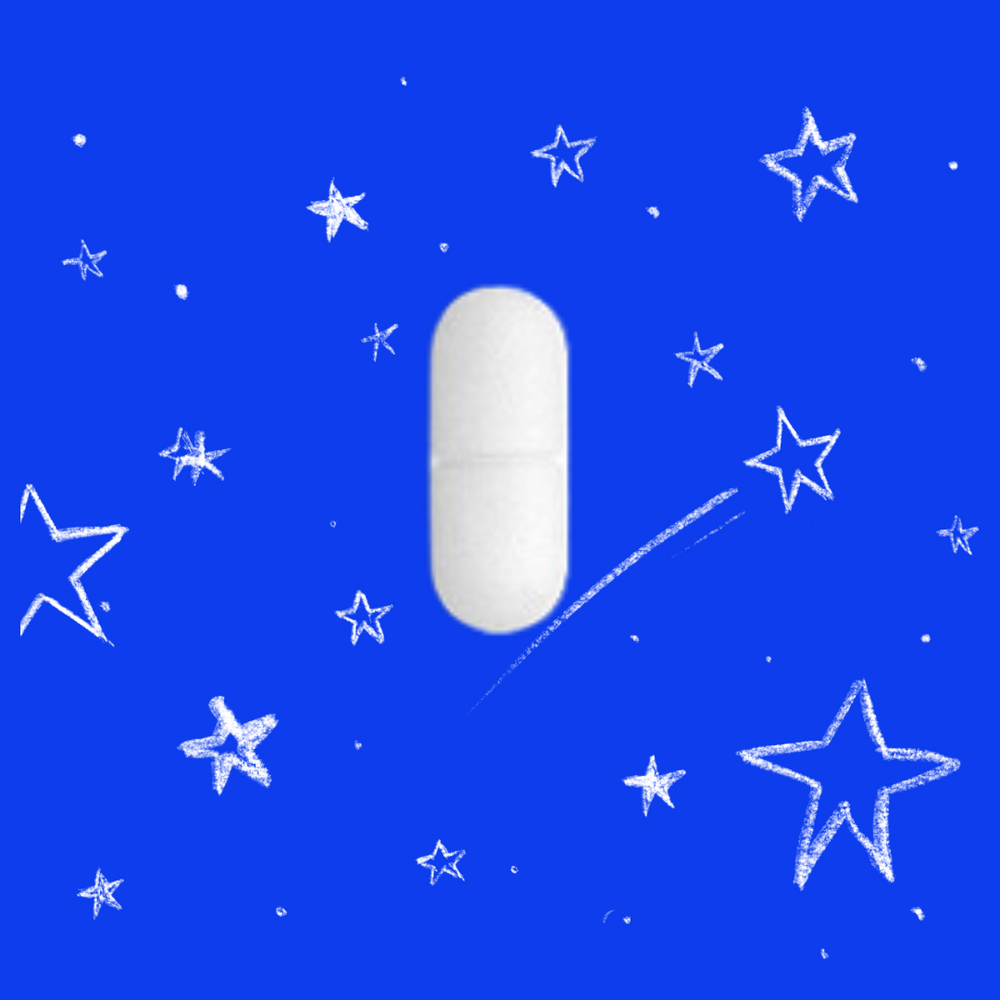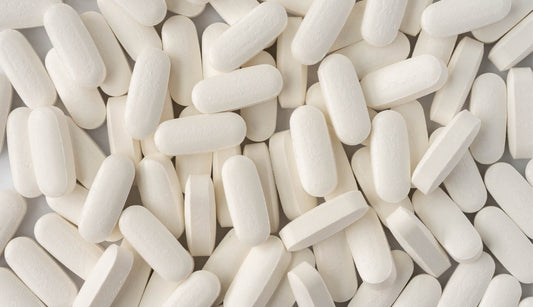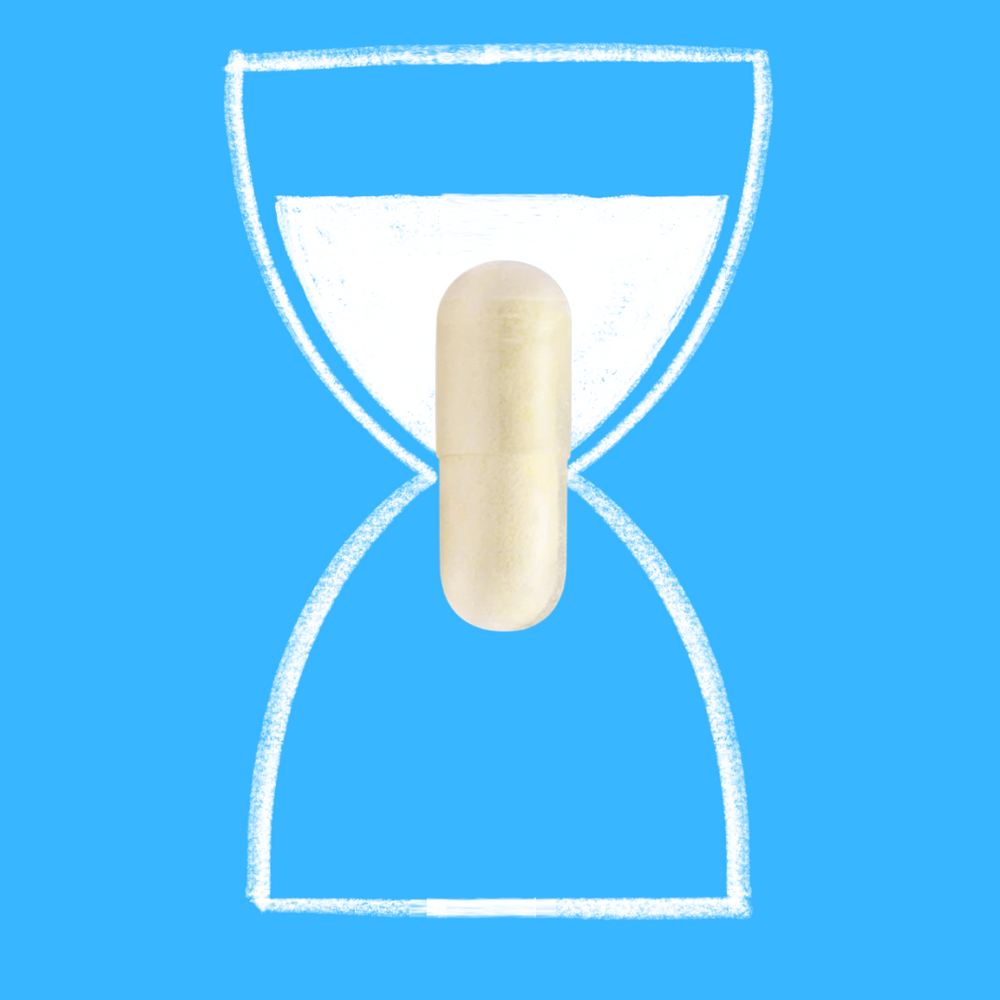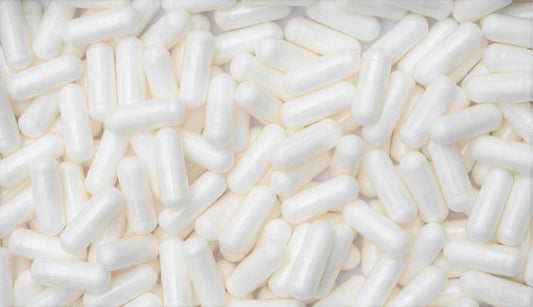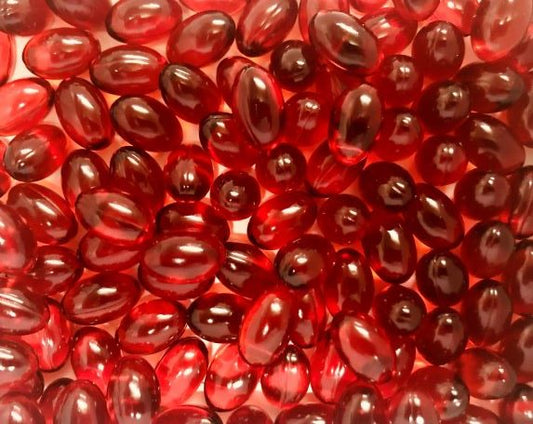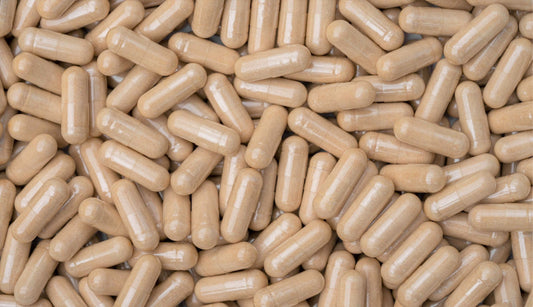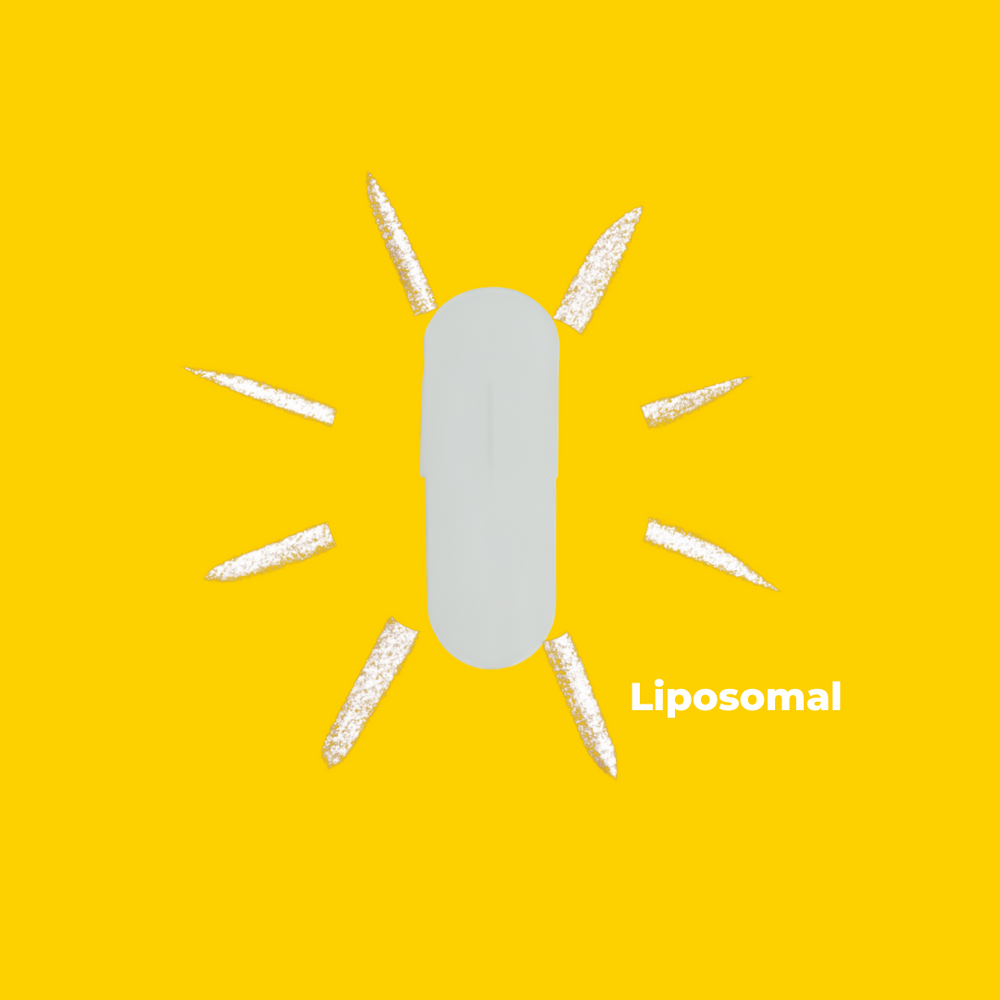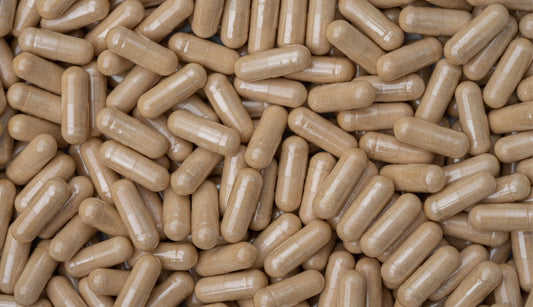Pre-Training Aims
The primary objectives of pre-training supplementation are targeted at:
1. Boosting Energy Levels: Timing your macro intakes before training To ensure you have the stamina and focus required for an effective workout.
2. Improving Blood Flow: Enhanced circulation can help deliver nutrients to muscles more efficiently, potentially improving performance.
3. Reducing Muscle Fatigue: To allow for more extended and strenuous workouts.
4. Mental Clarity and Focus: This helps you stay concentrated and coordinated during your exercises.
5. Antioxidant Protection: To combat the oxidative stress that can come with intense physical activity.
Supplements and Their Roles
Vitamin C
- Aim Addressed: Antioxidant Protection
- How it Works: Vitamin C is a potent antioxidant that helps to quench free radicals produced during intense exercise, thereby reducing muscle soreness and oxidative stress. Its immunomodulatory effects also support overall health, which is crucial for consistent training.
Dr Geoff: “Ideally, you want this from fresh fruit and veg. However, if you are in intense training or feel your immune system is struggling, it’s worth adding 1-2g pre-training.”
Taurine
- Aim Addressed: Reducing Muscle Fatigue and Improving Blood Flow
- How it Works: Taurine has been shown to improve endurance by assisting in the osmoregulation of cells. It helps balance the levels of water and minerals in the blood, which is crucial during intense exercise. Taurine also shows promise in reducing muscle damage and oxidative stress.
Dr Geoff: “An undervalued supplement that can make a big difference in reducing muscle damage. If you do a contact sport, definitely one to consider adding to your stack”.
NMN
- Aim Addressed: Boosting Energy Levels, Cellular Health, and Recovery
- How it Works: An essential for the middle-aged athlete. NMN is a precursor to NAD+ (Nicotinamide Adenine Dinucleotide), a vital coenzyme found in all living cells that is crucial for energy production, DNA repair, and cellular health. It improves energy metabolism and mitochondrial function, enhanced physical performance and quicker recovery. It also has potential anti-inflammatory and antioxidant effects that could help combat exercise-induced oxidative stress.
CoQ10 (not previously listed but commonly used)
- Aim Addressed: Boosting Energy Levels
- How it Works: Coenzyme Q10 is essential for the production of ATP, the energy currency of the cell. It can help improve physical performance by enhancing cellular energy production.
Dr Geoff: “Can be a big benefit to those over the age of 35 yo when levels drop off. Depending on genetics, whether there is a clear benefit below that age.”
Beetroot Extract
- Aim Addressed: Improving Blood Flow
- How it Works: Beetroot is rich in nitrates, which the body can convert into nitric oxide. Nitric oxide is a vasodilator that can enhance blood flow to muscles, improving oxygen and nutrient delivery, thereby potentially enhancing performance.
Dr Geoff: “I’m a big fan of beetroot extract. Yes, the high concentration of nitrates certainly improves blood flow and energy production, delaying muscle fatigue. However, they contain more than that: betalains for oxidative stress, glucuronic acid and sulphur for glutathione production.



